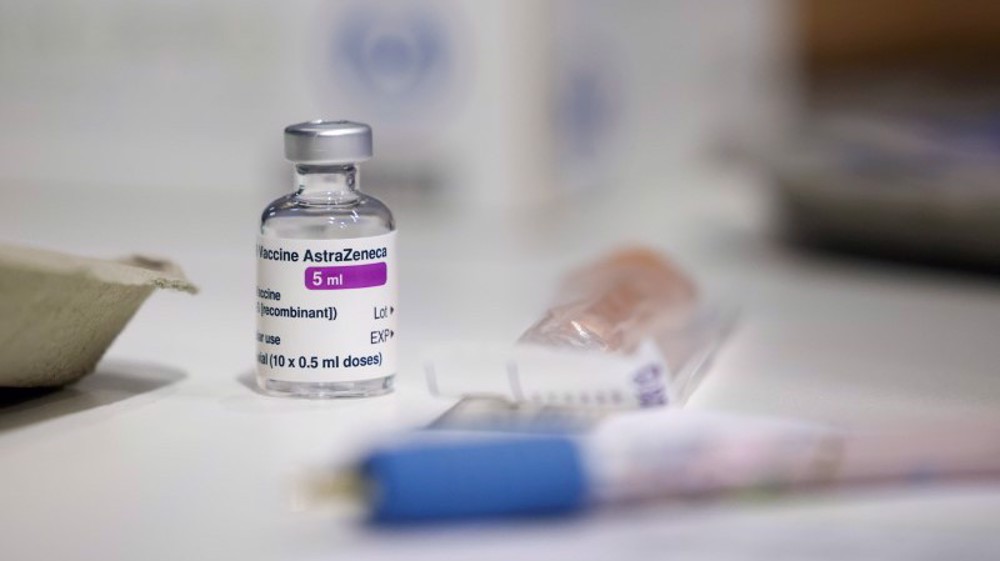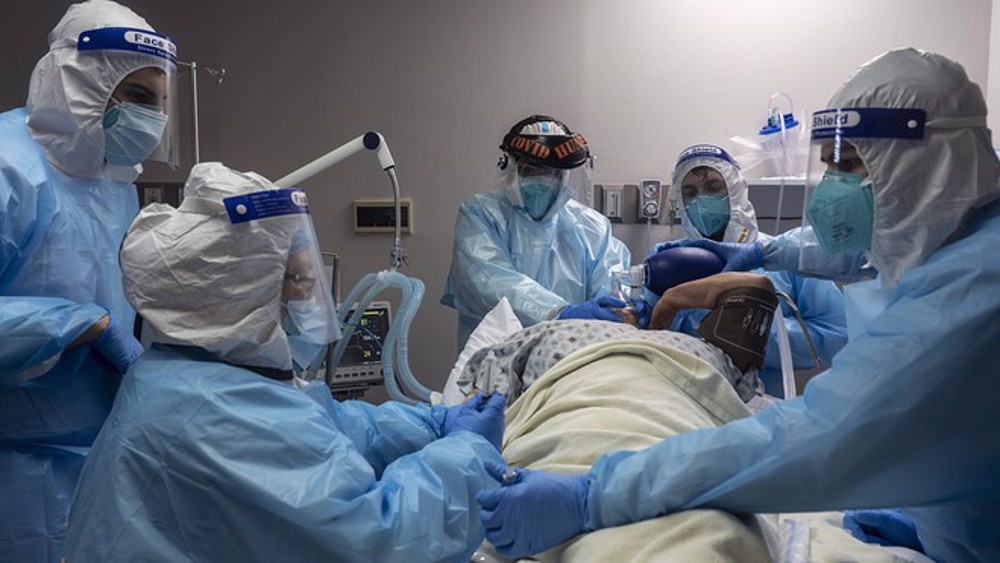EU adds another rare blood condition as side effect of AstraZeneca coronavirus vaccine
Europe’s drug regulator on Friday identified another very rare blood condition as a potential side effect of AstraZeneca’s COVID-19 vaccine and said it was looking into cases of heart inflammation after inoculation with all coronavirus shots.
The European Medicines Agency’s (EMA) safety committee said that capillary leak syndrome (CLS) must be added as a new side effect to labeling on AstraZeneca’s vaccine, known as Vaxzevria.
People who had previously sustained the condition, where fluids leak from the smallest blood vessels causing swelling and a drop in blood pressure, should not receive the shot, the EMA added.
The regulator first began looking into these cases in April and the recommendation adds to AstraZeneca’s woes after its vaccine was associated with very rare and potentially lethal cases of blood clotting that come with a low platelet count.
Last month, the EMA had advised against giving a second AstraZeneca shot to people with that clotting condition, known as thrombosis with thrombocytopenia syndrome (TTS).
The committee reviewed six validated cases of CLS in people, mostly women, who had received Vaxzevria, including one death. Three had a history of the condition.
More than 78 million Vaxzevria doses have been administered in the European Union, Liechtenstein, Iceland & Norway, and Britain.
In a statement, AstraZeneca pointed to the extreme rarity of CLS cases, at less than 1 in 10 million vaccinated individuals.
Britain’s regulator, the MHRA, said it was considering precautionary advice for people with a history of CLS but does not see a causal link with the vaccine.
Two of eight reports of capillary leak syndrome following AstraZeneca vaccination in the UK were in people with a history of the condition, and 40 million doses of the vaccine had been given, it said.
Separately, the EMA said it was continuing its probe into cases of heart inflammation known as myocarditis and pericarditis, primarily following inoculation with the Pfizer/BioNTech and Moderna mRNA shots, but also after the J&J and AstraZeneca vaccines.
US health officials said on Thursday they had registered a higher-than-expected number of heart inflammation cases in young men who received a second dose of the mRNA shots, though a causal relationship could not be established.
Both Pfizer and Moderna have acknowledged the observations but said a causal association with their vaccines has not been established.
BioNTech said adverse events, including myocarditis and pericarditis, are being regularly and thoroughly reviewed by the companies and regulatory authorities.
“More than 300 million doses of the Pfizer-BioNTech COVID-19 vaccine have been administered globally and the benefit-risk profile of our vaccine remains positive.”
(Source: Reuters)
Al-Quds churches warn ‘Christian Zionism’ threatens Christianity
New York City's chief financial officer to defy Mayor Mamdani by purchasing Israeli bonds
European leaders reject Trump’s ‘blackmail’ over Greenland tariffs
Iran warns Europe is sidelining itself by ‘blindly following’ US, Israel
VIDEO | Press TV's news headlines
Pentagon readies 1,500 soldiers to deploy for Minnesota protests crackdown
US evacuation of Ain al-Asad base bolsters Iraq’s national sovereignty: Iran FM
Bogus claims, fake sources: Who ignited the flames of unrest and sedition in Iran
















 This makes it easy to access the Press TV website
This makes it easy to access the Press TV website